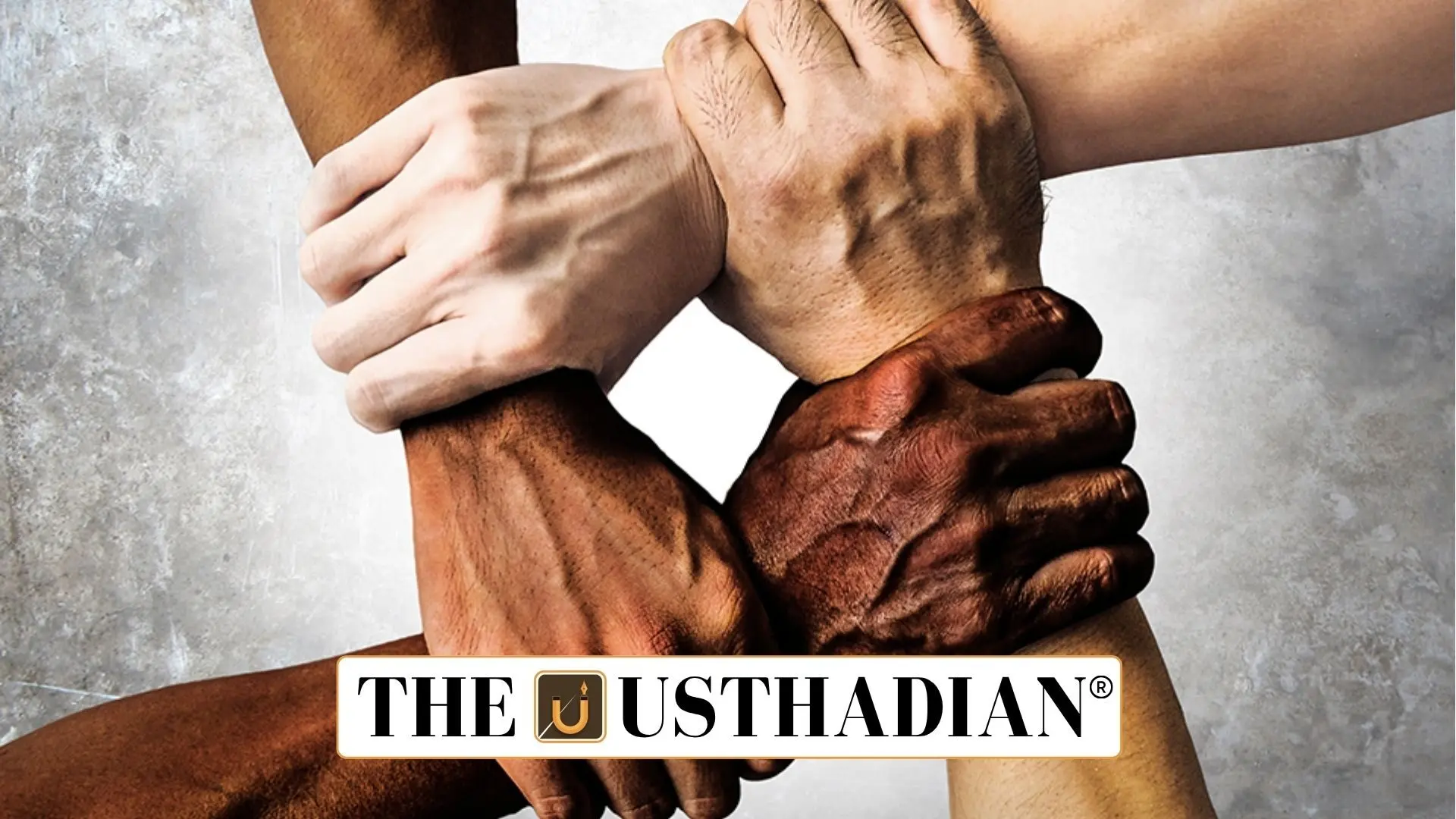Remembering Sharpeville: The Day That Sparked a Global Movement
International Day for the Elimination of Racial Discrimination 2025: A 60-Year Fight for Equality: The International Day for the Elimination of Racial Discrimination, observed annually on March 21, pays tribute to the 1960 Sharpeville Massacre in South Africa, where 69 protestors were killed during an anti-apartheid demonstration. The tragedy shocked the world and eventually led the United Nations General Assembly to designate the day as a global observance. In 2025, the day gains even greater historical weight as it also marks 60 years since the adoption of the International Convention on the Elimination of All Forms of Racial Discrimination (ICERD).
ICERD at 60: A Global Commitment Against Racism
Adopted on December 21, 1965, ICERD was the first UN human rights treaty aimed at eradicating racial discrimination worldwide. It mandated that signatory nations eliminate racist laws and take active steps to promote equality and justice. The treaty’s adoption laid the legal foundation for international anti-racism efforts, from South Africa’s abolition of apartheid to affirmative action policies in the Americas and Asia.
Achievements and Reforms Over the Decades
Over the last six decades, ICERD has inspired the removal of discriminatory laws, boosted legal protections, and led to landmark actions like the Durban Declaration (2001) and the Durban Review Conference (2009). The International Decade for People of African Descent (2015–2024), declared by the UN, has worked toward justice, development, and recognition of historically marginalized communities. Still, these efforts must continue as racism mutates into newer forms in both policy and society.
Persistent Challenges in a Divided World
Despite progress, systemic racism continues to affect education, employment, healthcare, and justice systems globally. The rise of hate speech, discrimination against refugees, and biased immigration policies have brought renewed urgency to enforcing ICERD’s provisions. Many nations still lack the political will or capacity to fully enforce anti-discrimination laws, leaving vulnerable groups exposed to injustice and exclusion.
The UN’s Moral Stand and Global Roadmap
The United Nations upholds that no race is superior, and its 2025 message reaffirms that racial discrimination is not just illegal but morally indefensible. The Durban Declaration and Programme of Action remains the most comprehensive global strategy, calling for reparative justice, global cooperation, and strengthening anti-racism institutions. The UN has consistently stressed the importance of education, legislation, and community engagement in fighting racism.
STATIC GK SNAPSHOT
International Day for the Elimination of Racial Discrimination 2025: A 60-Year Fight for Equality:
| Aspect | Details |
| Observed On | March 21 (Sharpeville Massacre, 1960) |
| Treaty Celebrated | International Convention on the Elimination of Racial Discrimination (ICERD) |
| Treaty Adoption Date | December 21, 1965 |
| Key UN Declarations | Durban Declaration 2001, Durban Review Conference 2009 |
| Notable Decade | 2015–2024: UN Decade for People of African Descent |
| Countries with Major Reform Post-ICERD | South Africa (End of Apartheid) |
| Key Principle | All human beings are equal in dignity and rights |
| Major Challenge Today | Systemic racism, xenophobia, and weak law enforcement |








